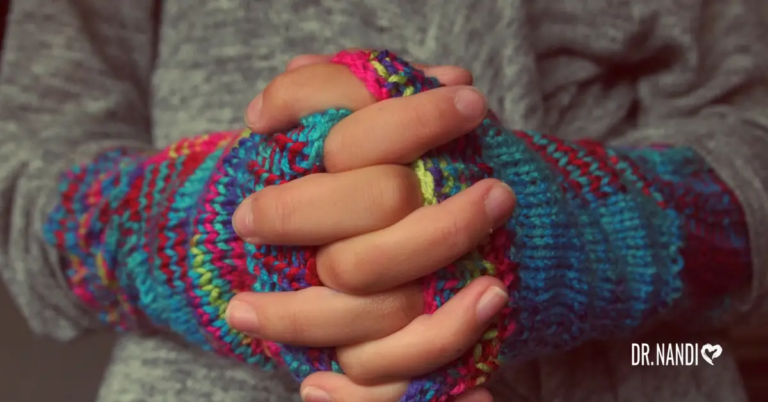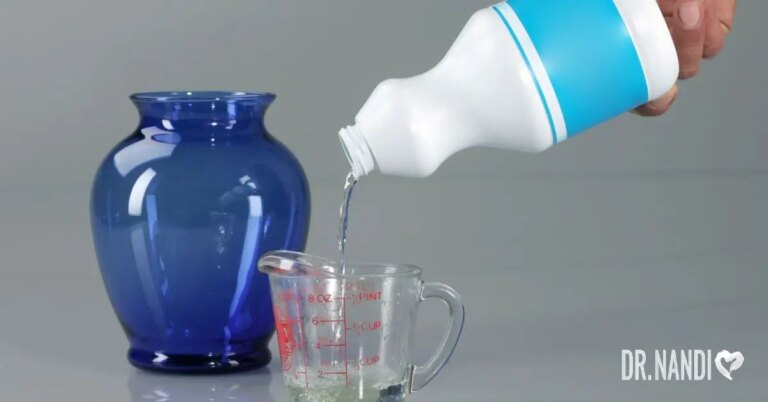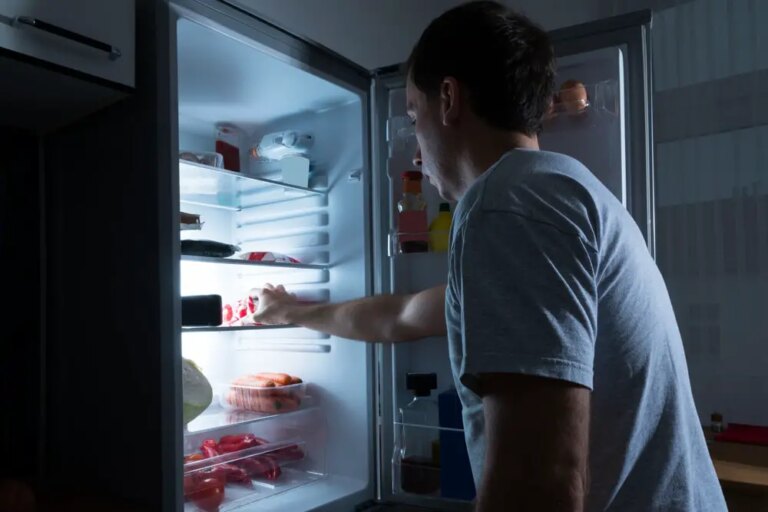Parenting your children on a daily basis can certainly be challenging.
When a parent is suffering from a mental health issue, parenting can become even more demanding. However, with the right support and mindset, it is possible to minimize the impact of your symptoms and care for your children in a positive way.
Michelle D. Sherman, Ph.D, claims that the best predictor of “kid functioning is parent functioning,” co-author of Finding My Way: A Teen’s Guide to Living with a Parent Who Has Experienced Trauma and I’m Not Alone: A Teen’s Guide to Living with a Parent Who Has a Mental Illness. As far as I am concerned, she hit the nail on the head. The effect of a parent’s mental health issues on children varies depending on its severity. It is how the mental health condition affects the parent’s behavior as well as family relationships that may cause risk to a child.
Children who have parents that are struggling with Mental Health issues such as anxiety and depression can experience the following symptoms:
- anger
- Fear
- Loneliness
- Guilt
- Shame
- Anxiety
In 2014, I wrote my book “Building Self-Esteem in Children and Teens Who Are Adopted or Fostered.” In the book I focused one of my chapters on how parents self-esteem levels affect their children’s self-esteem level. Parents that have low self-esteem, simply cannot increase their children’s self-worth until they work on building their own self-esteem levels. The good news is that with professional help parents can develop the skills to increase their own self-esteem which in turn increases their children’s level of confidence.
It is not uncommon for parents to have stress or depression while parenting. Parenting is one of the most demanding jobs and it can take a toll on emotional well-being. What is most important is that parents recognize when they may need extra help to lessen the impact on their children’s well-being.
Here are 4 tips parents can apply to their lives while coping with mental health issues:
- Build a support system: mental health issues can lead to isolation. Isolation can be detrimental to parents and children. Surround yourself with a supportive network of friends and family. Call on them when you are having a particularly hard day. Find people that will build you up instead of tearing you down.
- Seek professional help: Remember you are not alone in your parenting issues or stress level. Seek out a support group or a life coach. The better you are to yourself the better you will be to your children.
- Give yourself a break: When parents feel overwhelmed, the whole family usually feels stress. As parents, we all need a break to be at our best. Take breaks to reduce your stress level. Go for a walk, enroll your kids in activities, meet a friend for coffee. When you are rejuvenated, you can parent from a positive
- Attend to your thoughts & feelings: If you are having a day filled with stress and anxiety, make a mental note to yourself and change your routine. If mornings are difficult, tell your kids you need a break in the morning and spend time with them at night. Know your triggers for stress and try to work around them. Your kids will be less stressed when you are less stressed.
One of the most important things a parent suffering from mental health issues can do is talk to their children. This can reduce the impact of these issues greatly on children. Children are much more resilient in handling emotional stress when they are aware of a situation. Sit down with your children and explain to them that you are struggling at times with your emotions and reactions. This is also an opportunity to teach your children skills to adapt to your stress level and be in tune with others’ emotions. Some children may be able to understand how you are feeling and build empathy, a critical lesson of life.
Remember parents are not perfect. Kids are not perfect. Together you can build a positive relationship with less stress.
Originally posted on www.seedsofhopebooks.com
Sue Cornbluth, PsyD
Dr. Sue Cornbluth is a nationally recognized and certified parenting expert in high conflict parenting situations. In 2013, Dr. Sue created the consulting firm Parenting Beyond Trauma, LLC which helps parents move through and beyond their high conflict divorces and parent alienation situations.
Dr. Sue earned her reputation as a leading expert in child abuse and victims’ rights during the Jerry Sandusky trial. Her psychological commentary on the Sandy Hook Elementary shoot in Newtown, Connecticut was broadcasted nationally.
Dr. Sue’s passion is to make a difference in the lives of traumatized children by educating parents and professionals about how to help children succeed in life. She travels throughout the country speaking at conferences about her work.
Dr. Sue is a regular mental health contributor for an array of networks and television shows such as NBC, FOX and CBS. She has contributed to several national publications as well. Her new best-selling book, “Building Self-esteem in Children and Teens who are Adopted or Fostered” is available now. Recently, Dr. Sue was named one of the most “Distinctive Women” in the country by Women’s Distinctive Business Magazine. Dr. Sue holds a doctoral degree in Clinical Psychology and was a former psychology professor at Temple University. She lives outside of Philadelphia, PA with her husband and two children.
To learn more about Dr. Sue, visit DrSueandYou.com























